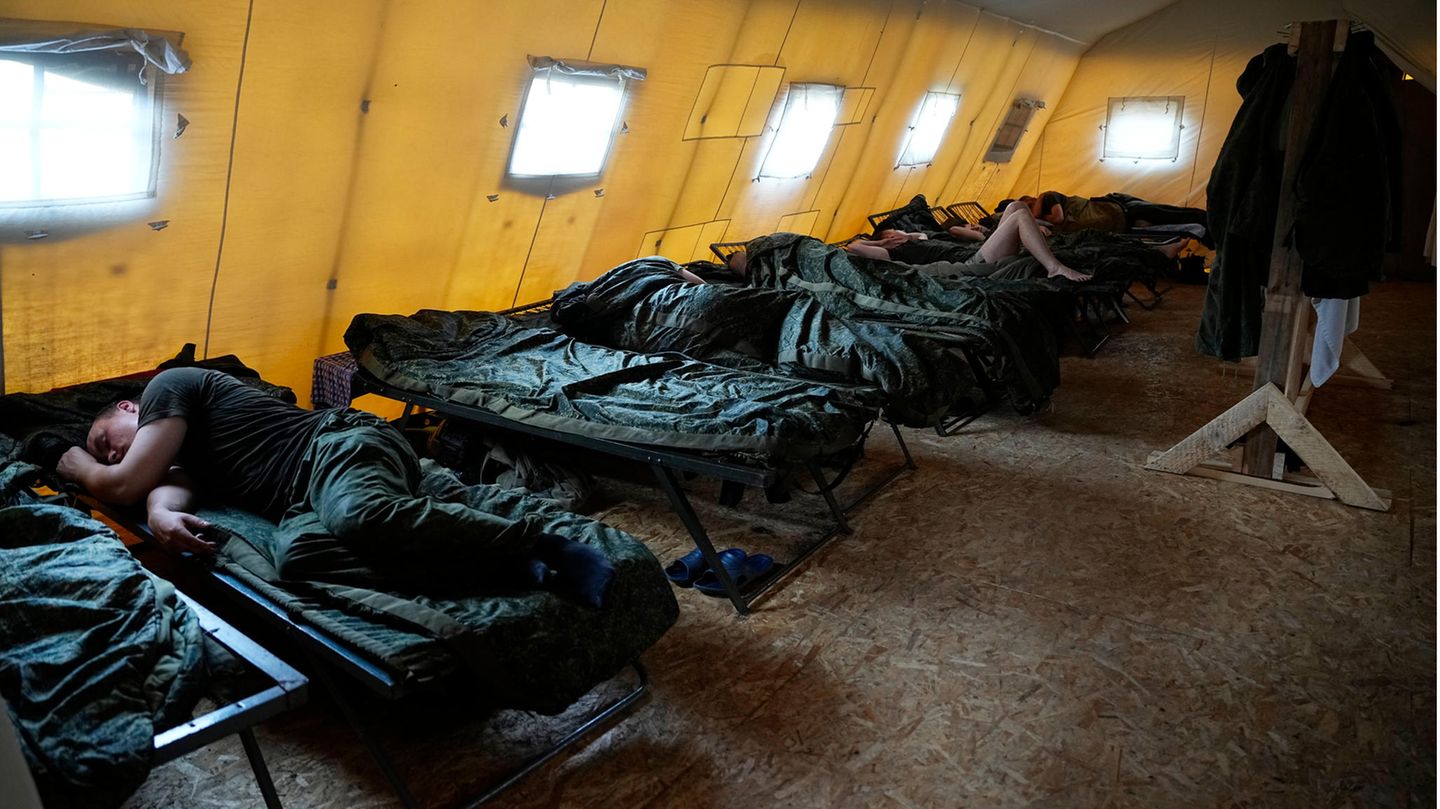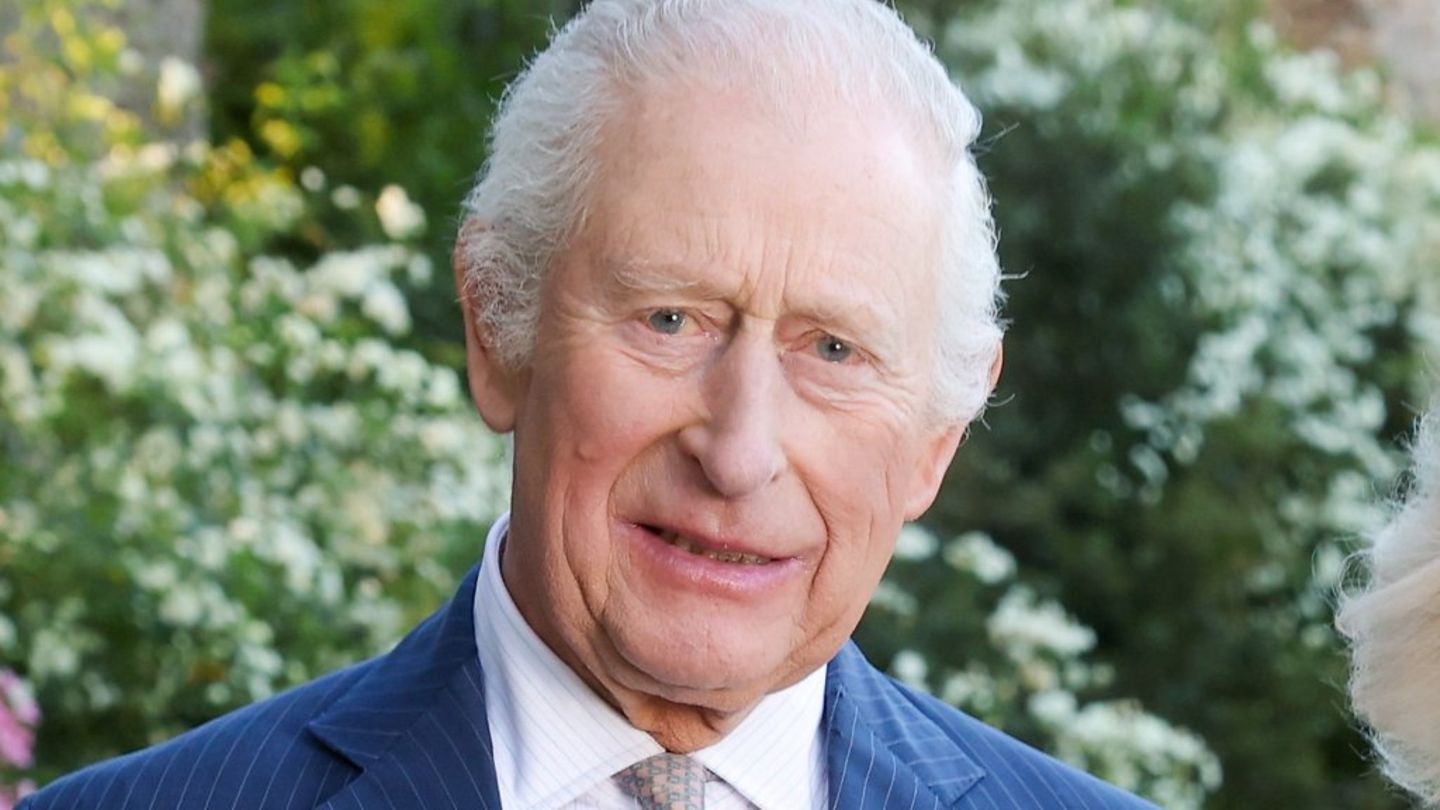After the uprising against Moscow, the future of the Wagner mercenaries was unclear for a long time. According to Minsk, the fighters have now arrived in Belarus to train soldiers there. Putin is said to have had other plans for her.
Mercenaries from the Russian private army Wagner have now arrived in Belarus after weeks of speculation about their whereabouts, according to information from Minsk. The Belarusian Defense Ministry announced on Friday that the men had started work as trainers for a number of military disciplines.
According to his own statements, Russian President Vladimir Putin initially wanted the Wagner mercenary group to continue fighting in Ukraine despite their uprising at the end of last month. The Russian daily Kommersant quoted him as saying that Wagner boss Yevgeny Prigozhin rejected this at a meeting in the Kremlin.
After the arrival of cluster munitions from the USA in Ukraine, Federal Chancellor Olaf Scholz again rated Washington’s delivery as their sovereign decision. But he also stressed the importance of the treaty banning this type of munitions. Unlike the USA and Ukraine, Germany signed this treaty. The Ukrainian Brigadier General Olexander Tarnawskyj had previously confirmed to the US broadcaster CNN that US cluster munitions have now arrived in Ukraine.
Both Ukraine and Russia reported drone strikes on their territory on Friday. According to the Kremlin, a woman died on the Russian side.
Minsk: Wagner fighters train troops in Belarus
According to the Ministry of Defense in Minsk, the camp of the Wagner mercenaries in Belarus is located in Ossipovichi, around 100 kilometers south-east of the capital. The masked uniformed men could not be seen on a video. But you could see exercises with the weapon on a military training area.
A moderator in a ministry video said that the Wagner mercenaries shared their combat experience with the Belarusian armed forces. Soldiers in the country, which is a close ally of Russia under ruler Alexander Lukashenko and also gives up its territories for attacks on Ukraine, expressed their gratitude for the instructions in the clip. Lukashenko had announced that Wagner troops would settle in Belarus. Soldiers for territorial defense are being trained, said officer Maxim Pajewski of the Belarusian General Staff.
Wagner boss Prigozhin and dozens of his commanders met with President Vladimir Putin in the Kremlin a few days after an uprising against the Russian military leadership that quickly ended on June 24. The Kremlin did not provide any information on the results of the three-hour debate. However, Putin and Lukashenko had informed that Wagner could find a new base in Belarus.
The Wagner army, which occupied Rostov-on-Don in southern Russia during the revolt in June, has now handed over a large part of the weapons, ammunition and military technology to the Moscow Ministry of Defense. Putin had assured the insurgents of impunity and offered them contracts with the ministry. However, the majority is reportedly behind Prigozhin, who has gone into hiding. Officially, according to Prigozchin, the Wagner army has a break until the beginning of August.
Putin wanted Wagner mercenaries to continue fighting in Ukraine
According to his own statements, after their revolt against the military leadership, the Wagner mercenaries offered the Wagner mercenaries the opportunity to continue fighting in Ukraine under their own command. “Many nodded when I said that,” Putin described in the daily newspaper Kommersant (Friday) of a meeting in the Kremlin with the private army. But it was also Prigozhin who rejected the offer.
The Wagner mercenary force fought for months alongside regular Moscow troops in Russia’s war of aggression against Ukraine. She gained notoriety through the battles for the city of Bakhmut.
invasion by Russia
Shocking, disturbing, infinitely sad: images from 500 days of war in Ukraine
Scholz refers to the US’ “sovereign” decision on cluster munitions
Germany does not have to comment on the sovereign decisions of other states, said Chancellor Scholz on Friday at his summer press conference in Berlin with a view to the delivery of US cluster munitions to Ukraine. The US government “made a decision that is not ours, but that it made sovereignly” – with the indication that otherwise it would not be able to provide sufficient ammunition. At the same time, the SPD politician underlined the treaty banning cluster munitions. It’s about “that after the war and outside of the warring parties, others are not threatened by ammunition that happens to be lying around”.
Cluster munitions are rockets and bombs that burst in mid-air over the target, scattering many small explosive devices. It is controversial above all because a significant part of it does not detonate, but remains on site as duds and thus endangers the population.
Ukraine and Russia report new drone strikes
Meanwhile, both Ukraine and Russia reported new drone attacks. In the city of Kryvyi Rih, the birthplace of Ukrainian President Volodymyr Zelenskyy, a drone destroyed an administrative building and damaged other buildings of a municipal enterprise, the military governor of the Dnipropetrovsk region, Serhiy Lysak, said on Friday. He also published pictures of the damage on his Telegram channel. A man was injured. Two houses were also damaged.
According to authorities, a woman died in a village in the Bryansk region of Russia as a result of artillery fire from the Ukrainian side; photos showed severe destruction and a large fire. Russia also reported on the use of its air defense in the Voronezh region, where three drones were shot down. The information provided by the two warring parties could not initially be checked independently.
US institute sees fragile command structures in Moscow’s Ukraine war
After the Russian General Ivan Popov, who has since been deposed, criticized the conduct of the war in Ukraine, Western experts see serious problems in Moscow’s command structures. Popov’s dismissal in the course of his criticism of grievances and the high loss of Russian soldiers confirms that Moscow’s defense positions in Ukraine are “probably fragile”, according to an analysis by the US Institute for War Studies (ISW) on Thursday (local time). The experts referred to their earlier assessments that the Russian armed forces had no reserves for rotations, for example.
In the event of a breakthrough by Ukrainian forces during their counter-offensive, Russian positions would remain unsupported, ISW experts said. They expect Popov’s departure to have at most “marginal” immediate effects. However, they emphasize: “The increasingly fragile Russian chain of command could lead to a critical command and control crisis in the future, in which the support of the field commanders for the Russian military command could become weaker and weaker.”
Source: Stern
I have been working in the news industry for over 6 years, first as a reporter and now as an editor. I have covered politics extensively, and my work has appeared in major newspapers and online news outlets around the world. In addition to my writing, I also contribute regularly to 24 Hours World.




